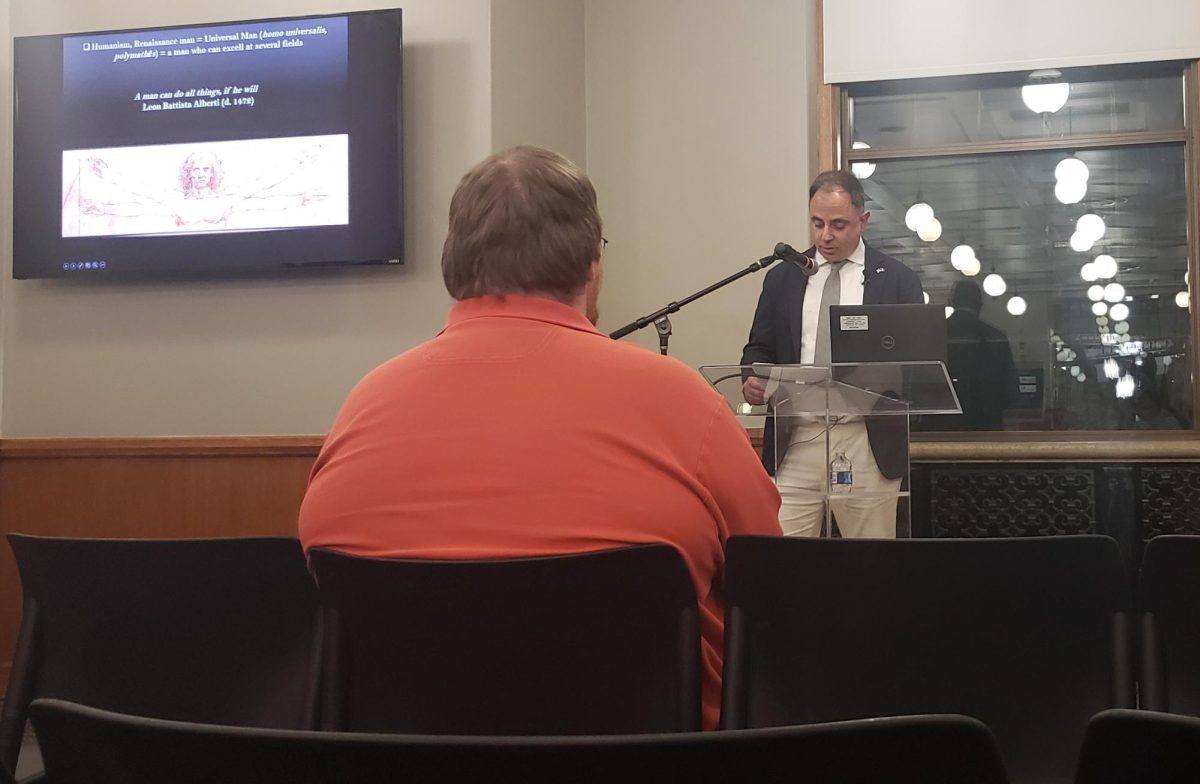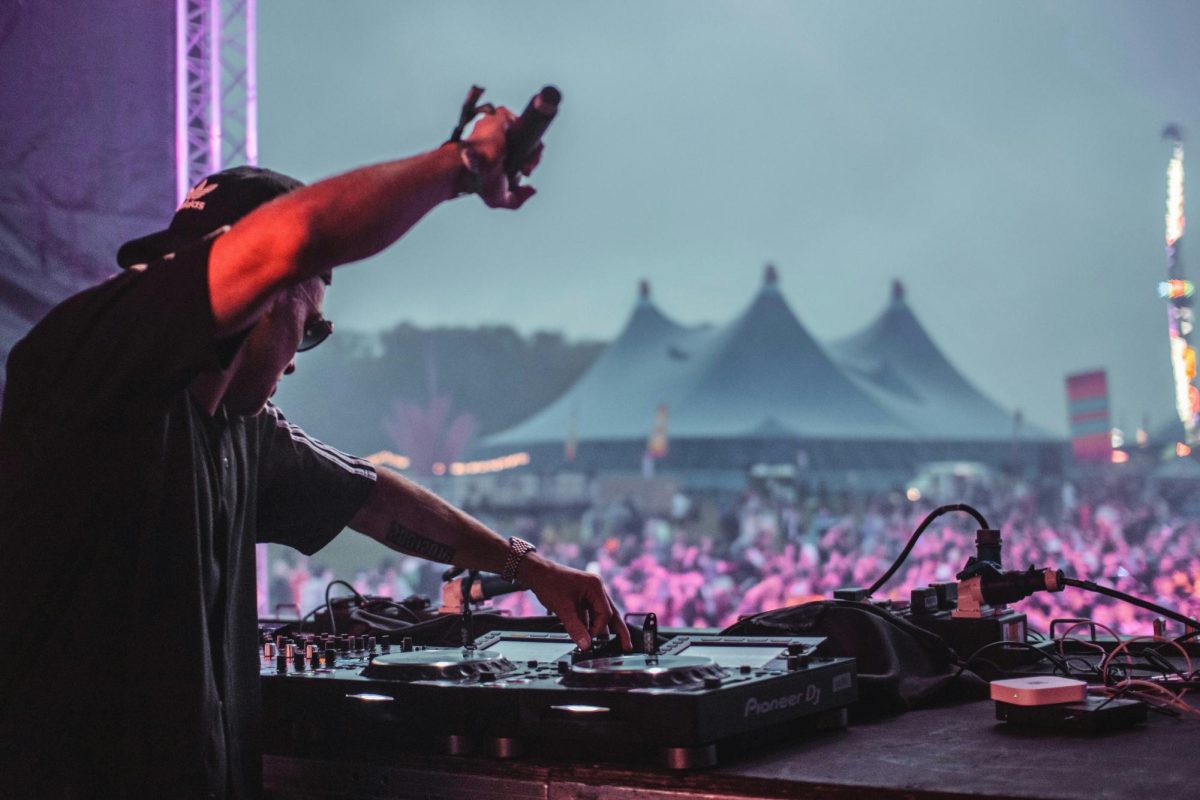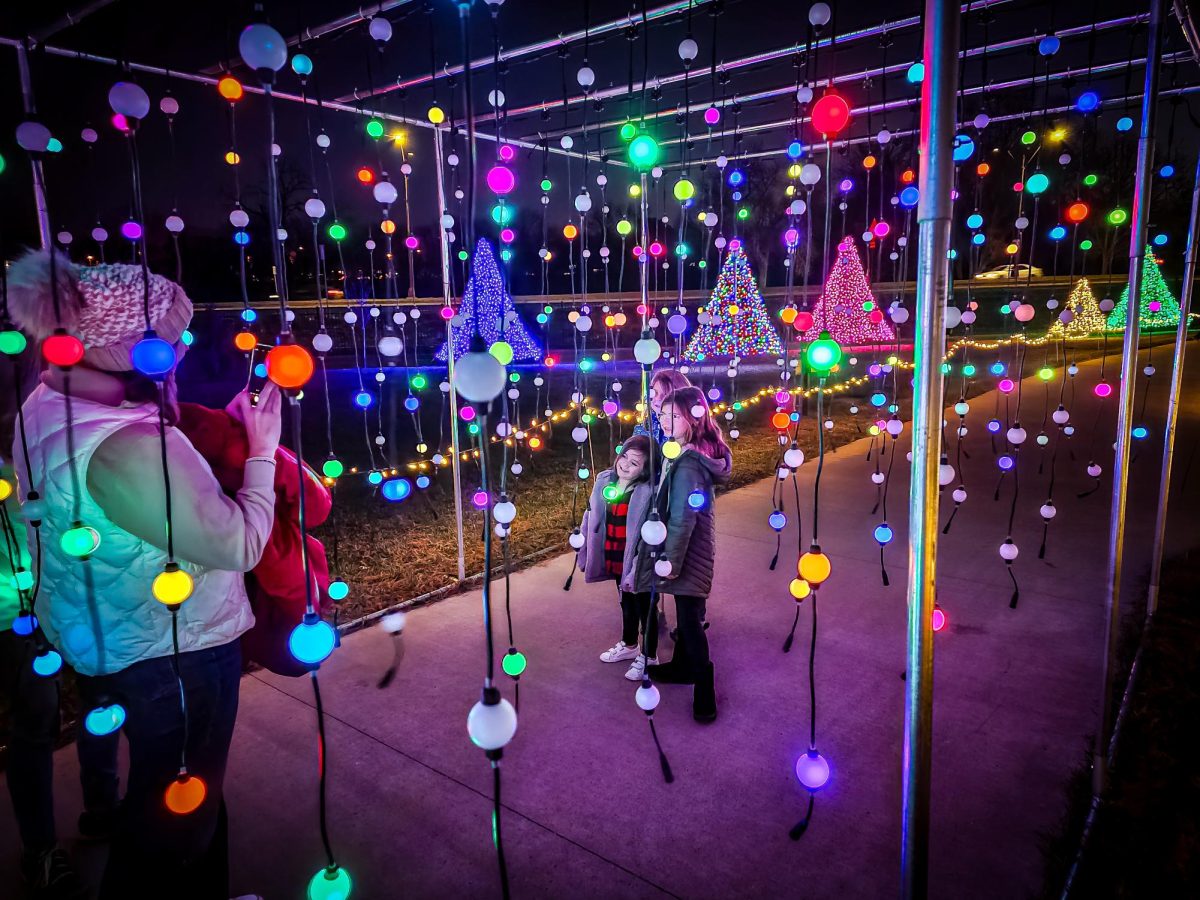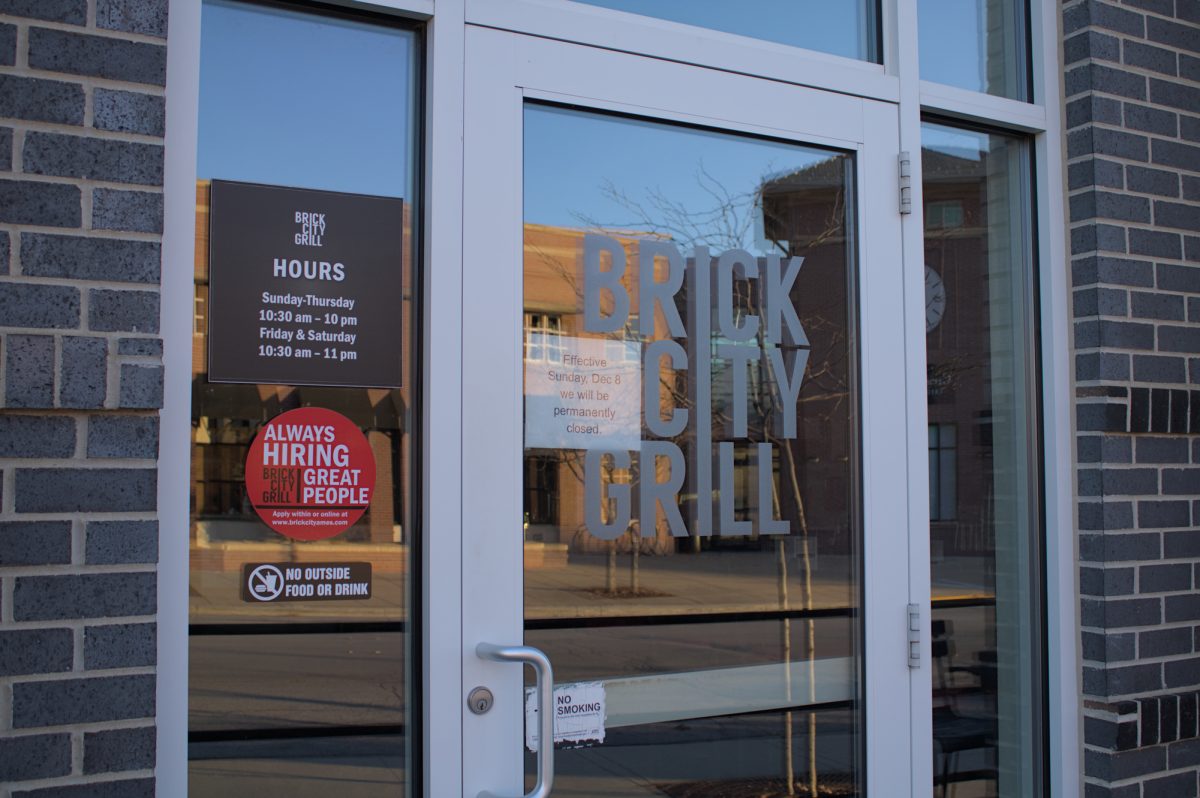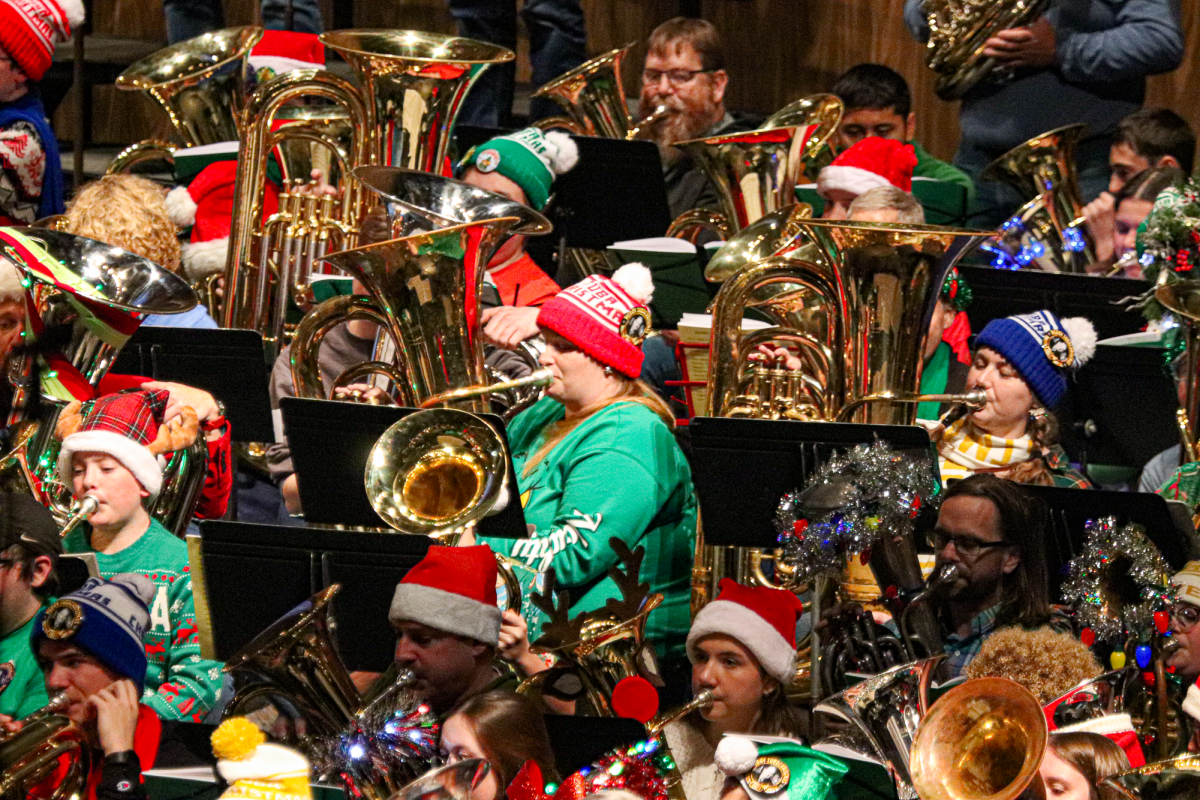At a university of “science and technology” where nearly 60% of students are majoring in a STEM field, it can sometimes be challenging to find the value of the humanities and humanities-based education. However, on Tuesday, that is precisely what Professor Fabrizio Conti was arguing in favor of.
His speech was titled “Humanisms and Beyond: Past, Present, and Future of the Humanities” after his book of the same name.
In quoting the French historian Marc Bloch, Conti said, “Education focused on understanding the past helps to unveil the present and to imagine the future.”
“No other learning ecosystems, as it has been said,” Conti said, “as liberal arts education can prepare a student to be open to a transdisciplinary approach and to a life of fulfillment. And the humanities history especially, are, as we have seen, an integral part of this approach.”
According to the Lecture Series website, Conti’s academic career has had a strong humanities base, as he received “a dual Ph.D. in History and Medieval Studies from the Central European University, Budapest, Hungary.” Conti is also “a graduate in the Humanities (History) from the University of Rome ‘La Sapienza,’ and has earned certificates from the Pontifical Institute for Christian Archaeology in Rome and the School of the Vatican Secret Archive.”
In the era of the fourth industrial revolution and humanity’s ever-increasing reliance on technology, some might argue that a liberal arts education is a waste. Conti pushed back against this idea, arguing that an education in the humanities actually makes someone more employable.
“As we know, the humanities are centered on developing such a series of broad intellective skills as in complex problem solving, sense-making, imagination, multimodal communication, cross-cultural competency and leadership,” Conti said. “These are core cognitive skills, the development of which is sought through training in critical thinking, complex reasoning, and written communication, and a broad range of soft skills and knowledge. Experts agree [that] is what is increasingly in demand in the labor market today.”
Conti also stressed the importance of learning about the past to understand the future.
“The degree of kindness, respect, curiosity, attention, as well as scientific rigor… at a liberal arts school is one of the valuable lessons that can come from reflecting on the past as well as a possible legacy for the future,” he said.
Those interested in viewing Conti’s lecture in its entirety may do so on the Lecture Series website.


